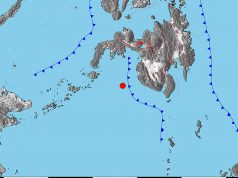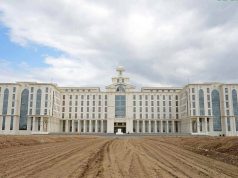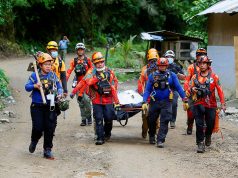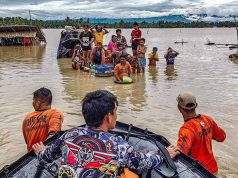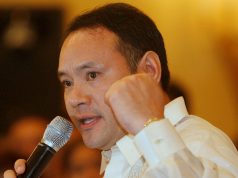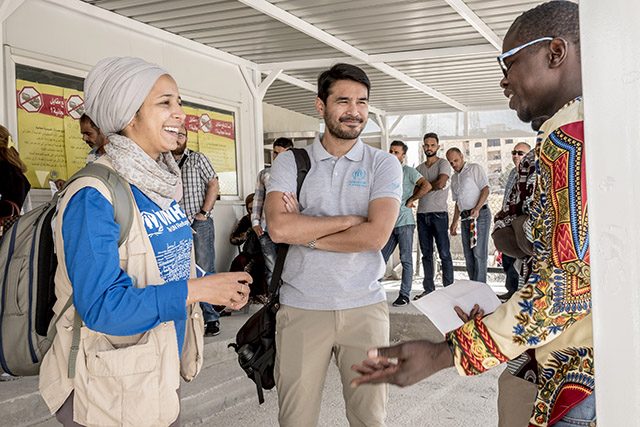
Filipinos and Jordanians have something Atom Araullo found strikingly similar, a desire to give to those in need even when they have little for themselves.
“It’s really astonishing that people who have little have the most to give,” Araullo, a High Profile Supporter of the UN High Commissioner for Refugees, shared in a media roundtable discussion following a mission to Jordan.
“[Jordanians] don’t hesitate to give help, accept refugees, and even give moral support. That is one of the things I witnessed from the Jordanians that reminded me of Filipinos back home,” he said.
Jordan had welcomed more than 667,000 displaced Syrians since the civil strife erupted in 2011, according to the UNHCR.
Araullo praised the Jordanians for their gesture on their neighbors, despite not having enough resources for its own people, and observed how Filipinos are well known for their very hospitable and warm personality.
“They’re resources are scarce; they don’t have oil like their neighbors. They have to import a lot of their needs like water and even energy. But they have been so generous in receiving these refugees,” Araullo said.
Araullo was also amazed with the facilities of the camp he visited, wherein he described as “unlike anything I have ever seen before.”
“Actually, parang mas maganda pa nga kesa sa maraming communities na napupuntahan ko sa Pilipinas,” he quipped.
With around 40,000 refugees, the Azraq Refugee camp is divided into four villages and each has its own school, marketplace, community centers and other basic amenities to help the people rebuild their lives.
Araullo was impressed with Azraq’s solar power field, which makes use of the plentiful sun in the Jordan desert.
There’s another camp, the Zaatari Refugee Camp, but the Syrians there had already filled all the houses in 2014. Azraq was then established to cater to more Syrian immigrants.
Aside from the camps, there are also 542,287 Syrians who are brought to Jordan’s urban areas.
The Syrian conflict had driven millions of Syrians out of their homes, and neighboring countries Jordan, Lebanon and Turkey had been coping with the large exoduses since then.
The UNHCR considered such crisis as the most serious humanitarian situation today.
“As of this time, there is still no resolution in sight for the Syrian people and until that day, that we can say that they can live their lives in dignity, and build better futures, we should be there with them during this difficult time,” Araullo said.
Marawi refugees have hope
In the Philippines, there’s a small ray of sunshine for displaced residents of Marawi city in Lanao del Norte, whom Araullo visited in his first foray in UNHCR last June 2017.
This was during the Marawi siege, which erupted in May 2017 when the Maute group tried to take over the city and lasted until the military declared victory in October 2017.
Araullo had observed back then that most of the evacuees, who are Maranaos, came from “all walks of life.”
“May college graduates, may businessmen, from all walks of life, and never in their wildest imagination did they see a future like this,” Araullo said.
President Rodrigo Duterte had created the inter-agency Task Force Bangon Marawi to lead the efforts in rehabilitating the city and helping residents get back on their feet.
However, the task force had not yet chosen the developer for the big project, which is slated for completion by December 2021.
“We are appealing to more and more Filipinos who have resources to make donations to support not only people living in Syria or Syrian refugees or other displaced people around the world but specifically, Filipinos who are in need,” Araullo said.




